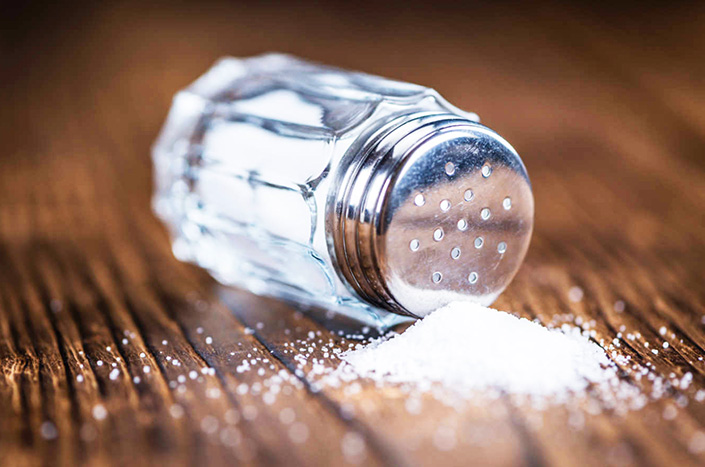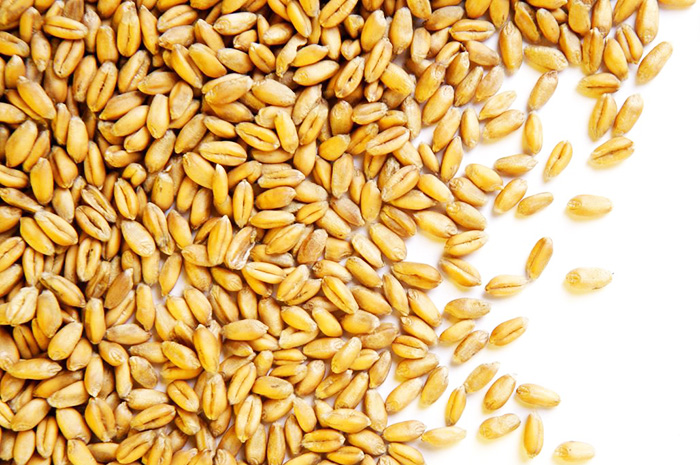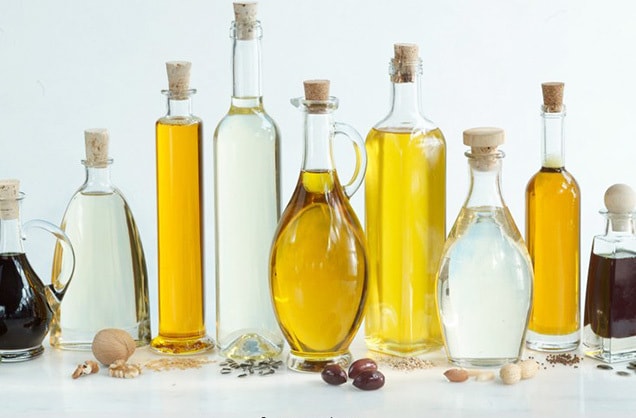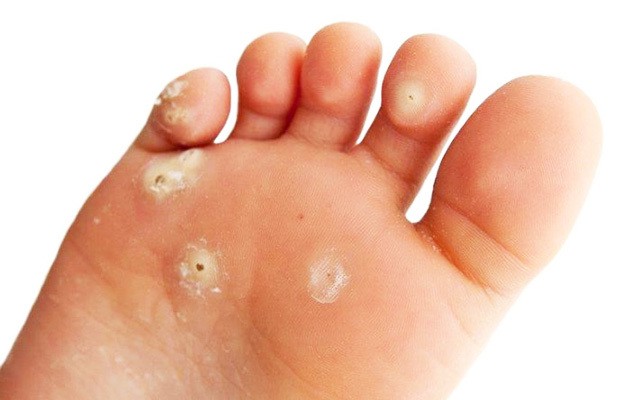We all know that opting for a high-sodium diet is extremely bad for the heart. That’s because it can cause high blood pressure, which is something that can put a lot of unnecessary stress on the ticker. It’s also damaging to the rest of the cardiovascular system and numerous organs, such as the kidneys.
But this does not mean, however, that consuming something that contains salt in it is enough to cause the blood pressure to increase dramatically. Any excess sodium in the body is doomed to be flushed out by the kidneys, provided that those bean-shaped organs are in tip-top shape.
Unfortunately, there are people who can in fact end up with a considerable increase in the blood pressure after having something salty, and they are those who are suffering from salt sensitivity. It’s important to note that it can affect people who are diagnosed with hypertension and those with normal blood pressure.
What’s so dangerous about having salt sensitivity is the fact that it can endanger the heart as a result of a significant elevation in the blood pressure after the consumption of salty foods. Someone who is suffering from heart disease and at high risk of having a heart attack and stroke is especially in peril.
Even someone who is not suffering from deadly heart disease may sooner or later possibly end up with the said health-related nightmare due the constant dramatic increase in the blood pressure readings as a result of salt sensitivity. So in other words, salt sensitivity is bad no matter the current health status.
To date, no one really knows the exact cause of salt sensitivity. Health authorities, however, greatly believe that it is caused by a faulty gene. It goes without saying that salt sensitivity is something that can be passed by a parent to his or her offspring. So yes, salt sensitivity tends to run in families.
Aside from having the said faulty gene, there are a few other things that can considerably increase a person’s risk of having salt sensitivity. Being a woman is one of those — studies have shown that more women are salt sensitive than men. People who are older than 45 years old are at higher risk, too.
Individuals who are suffering from obesity, hypertension, heart disease, type 2 diabetes and chronic kidney disease or CKD are also at higher risk of developing salt sensitivity. Such can easily create a vicious cycle as the conditions mentioned above can cause salt sensitivity, which is something that can worsen them.
Aside from not having a clear idea on the exact cause of salt sensitivity, there is also no definitive medical test that can determine whether or not a person is suffering from it. Someone who has salt sensitivity may not have a clear picture that he or she is in fact suffering from it only until it’s much too late.
That is why currently the only way to detect the presence of salt sensitivity is carefully observing the diet. Someone with salt sensitivity ends up with a much higher blood pressure reading after a diet that contains lots of sodium. On the other hand, no dramatic blood pressure change is noticed in someone without it.
Once the presence of salt sensitivity is confirmed, doing some changes in the diet is recommended. Needless to say, the intake of salty foods should be considerably limited. Because there is no medication that can make salt sensitivity go away, the best thing that someone who is suffering from it can do is monitor his or her diet.
Feel free to share this article on your various social media sites before you go to let everyone you care about, especially health-conscious ones, also learn some of the most important matters about salt sensitivity.








